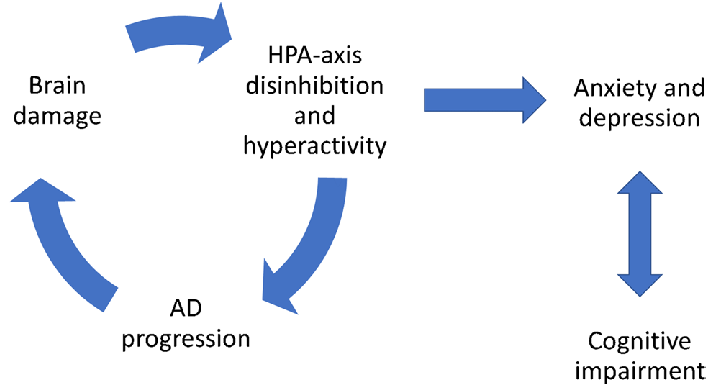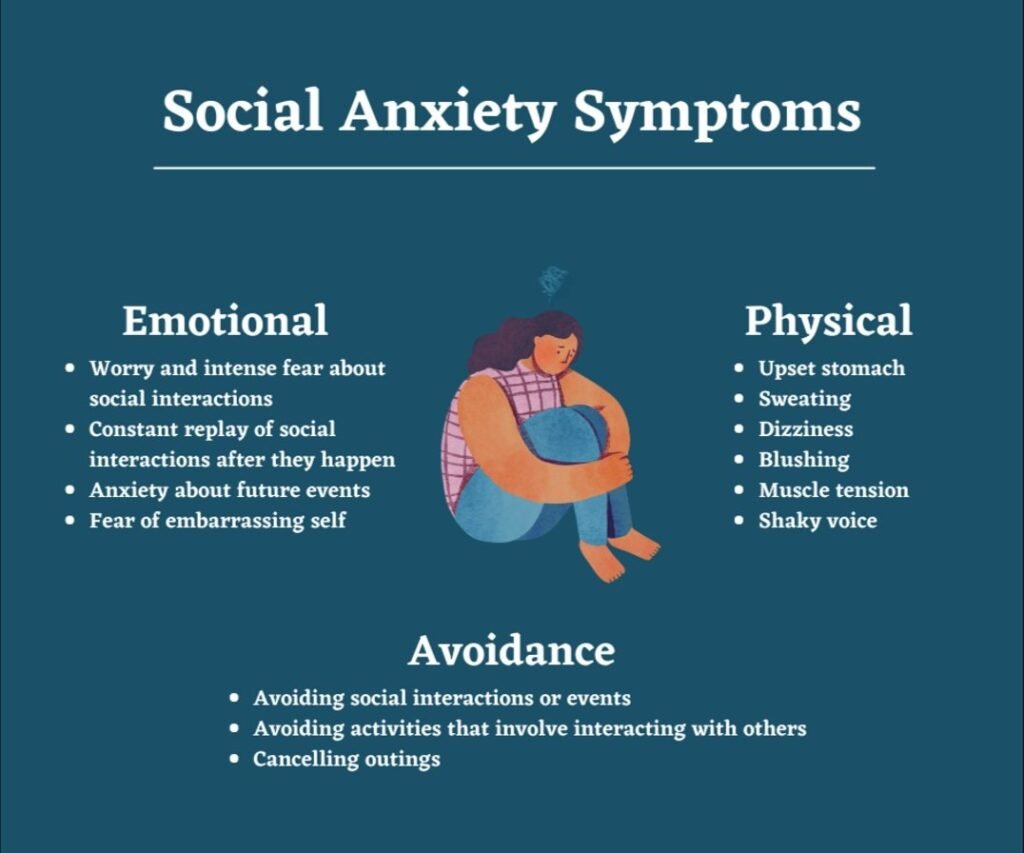
How Anxiety Shows Up in Unexpected Ways: The Lesser-Known Symptoms
When most people think of anxiety, they picture racing thoughts, sweaty palms, or even full-blown panic attacks. While these are common symptoms, anxiety can manifest in ways that are far less obvious and often misunderstood. These lesser-known symptoms may go unrecognized, leading many individuals to suffer in silence or dismiss their experiences altogether. Understanding the full spectrum of anxiety symptoms is crucial for identifying and addressing this pervasive mental health issue.
In this blog, we’ll delve into the unexpected ways anxiety shows up, shedding light on the hidden aspects of this condition and offering practical insights for managing it.
The Hidden Face of Anxiety
Anxiety is a complex mental health condition that impacts not just the mind but also the body and emotions. While symptoms like worry and fear are widely recognized, anxiety can also present itself in subtler, less intuitive ways. These hidden symptoms often complicate the journey to diagnosis and treatment.
Lesser-Known Physical Symptoms of Anxiety
Anxiety isn’t just a mental state; it’s deeply intertwined with physical processes in the body. Here are some unexpected physical symptoms:
Digestive Issues
Have you ever felt a knot in your stomach before a big event? For people with anxiety, this sensation can be a daily occurrence. Anxiety can cause:
- Nausea
- Irritable bowel syndrome (IBS)
- Bloating or cramping
The gut-brain connection plays a significant role here. The gut is sometimes referred to as the “second brain” because of its direct communication with the central nervous system. Chronic anxiety can disrupt digestion, leading to gastrointestinal discomfort.
Muscle Tension and Pain
Anxiety often manifests as unexplained aches and pains. Chronic muscle tension, particularly in the shoulders, neck, and jaw, is a common but overlooked symptom. People with anxiety may:
- Clench their jaws or grind their teeth (bruxism)
- Experience frequent headaches or migraines
- Have tightness in their back or shoulders
Skin Problems
Stress and anxiety can take a toll on your skin. Common issues include:
- Acne breakouts
- Eczema flare-ups
- Excessive sweating (hyperhidrosis)
This happens because anxiety triggers the release of stress hormones like cortisol, which can exacerbate skin conditions.
Tingling or Numbness
Anxiety-induced hyperventilation or heightened nervous system activity can cause sensations like tingling, numbness, or even the feeling of pins and needles in the hands, feet, or face.
Emotional and Behavioral Symptoms You Might Miss

Anxiety doesn’t always look like worry or fear. It can also shape behaviors and emotional responses in ways that might not be immediately recognized as anxiety-related.
Irritability and Anger
While anxiety is often associated with sadness or fear, it can also make individuals more irritable. When the body is in a constant state of “fight or flight,” minor irritations can feel overwhelming, leading to outbursts or a short temper.
Procrastination and Avoidance
Sometimes, anxiety shows up as a pattern of avoidance. For instance:
- Putting off tasks due to fear of failure or perfectionism
- Avoiding social situations to escape potential judgment or embarrassment
This behavior can lead to a cycle of guilt and increased anxiety, further complicating the issue.
Overthinking and Indecisiveness
Anxiety can make even simple decisions feel monumental. People may:
- Overanalyze every choice
- Second-guess their actions
- Fear making the “wrong” decision
This can make everyday tasks feel overwhelming and exhausting.
Emotional Detachment
Some people with anxiety experience emotional numbing or detachment as a defense mechanism. They may:
- Feel disconnected from themselves or others
- Struggle to express emotions
- Avoid situations that require vulnerability
Anxiety’s Impact on Cognitive Function

Anxiety doesn’t just affect feelings and behaviors; it can also impair cognitive abilities in surprising ways.
Memory Problems
Chronic anxiety can interfere with short-term memory. People may:
- Forget important details
- Struggle to concentrate
- Find it difficult to retain information
This happens because anxiety diverts cognitive resources toward perceived threats, leaving less bandwidth for everyday tasks.
Intrusive Thoughts
Anxiety often involves repetitive, intrusive thoughts. These thoughts can be:
- Disturbing or distressing
- Hard to control or dismiss
- Focused on unlikely worst-case scenarios
While intrusive thoughts are common, their intensity and frequency in anxiety disorders can make them debilitating.
Social Symptoms: Anxiety in Relationships

Anxiety doesn’t stay confined to the individual; it often impacts relationships and social interactions in unexpected ways.
Over-Apologizing
People with anxiety may feel excessively responsible for the feelings of others, leading to constant apologizing even when it’s unnecessary.
Hyperawareness of Social Cues
Anxiety can make individuals overly sensitive to:
- Tone of voice
- Facial expressions
- Body language
This hyperawareness can lead to misinterpretation and increased social stress.
People-Pleasing
In an effort to avoid conflict or rejection, people with anxiety may:
- Say “yes” to everything, even at their own expense
- Overextend themselves to meet others’ expectations
How to Recognize and Manage Lesser-Known Symptoms
Recognizing these lesser-known symptoms is the first step toward managing anxiety effectively. Here are some strategies:
Track Your Symptoms:
Keep a journal of physical, emotional, and behavioral changes to identify patterns linked to anxiety.
Practice Mindfulness:
Techniques like meditation, deep breathing, or grounding exercises can help you stay present and reduce physical tension.
Seek Professional Help:
A therapist can help you understand and address the root causes of your anxiety, offering tools like cognitive-behavioral therapy (CBT) for long-term management.
Focus on Lifestyle Changes:
- Exercise regularly to release stress and tension.
- Maintain a balanced diet to support gut health.
- Prioritize sleep to give your body and mind time to recover.
Build a Support Network:
Sharing your experiences with trusted friends or family members can help alleviate the burden of anxiety. Support groups can also provide a sense of community.
Final Thoughts
Anxiety is a multifaceted condition that extends far beyond worry and fear. By recognizing its lesser-known symptoms, we can better understand its impact and take proactive steps to manage it. If you or someone you know is struggling with anxiety, know that help is available. Awareness and early intervention are key to navigating the challenges of anxiety and reclaiming a sense of balance and well-being.
It’s time to broaden the conversation about anxiety, making space for its hidden manifestations and the individuals who experience them. Together, we can dismantle stigma, encourage understanding, and promote healthier, more compassionate approaches to mental health.
